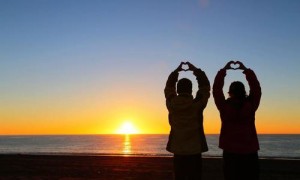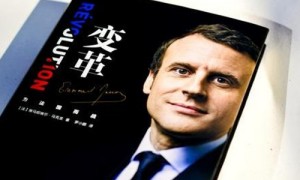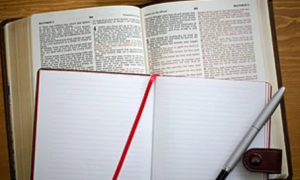The US Wednesday marked the 70th anniversary of the attack on Pearl Harbor with memorial services, lowered flags and silence at the moment the history-changing assault began.
Ceremonies were scheduled from Pearl Harbor in Hawaii to Washington DC on the US East Coast to remember the 2,400 Americans who died on December 7, 1941, when Japan launched a devastating surprise offensive on the US Pacific Fleet.
President Barack Obama called for the Stars and Stripes to be flown at half mast on federal buildings across the country, to mark National Pearl Harbor Remembrance Day.
"On a serene Sunday morning 70 years ago, the skies above Pearl Harbor were darkened by the bombs of Japanese forces in a surprise attack that tested the resilience of our armed forces and the will of our nation," Obama said Tuesday.
"In the wake of the bombing of our harbor and the crippling of our Pacific Fleet, there were those who declared the US had been reduced to a third-class power.
"But rather than break the spirit of our Nation, the attack brought Americans together and fortified our resolve. Patriots across our country answered the call to defend our way of life at home and abroad."
At exactly 7:55 am (17:45 GMT) on the fateful day, Japan awakened the American "sleeping giant," bombing the US Pacific Fleet anchored in Hawaii. In two hours some 20 ships were sunk or damaged and 164 planes destroyed.
Of the 2,400 who died, nearly half were killed in a matter of seconds aboard the giant USS Arizona battleship, when a bomb detonated the ship's munitions depot, igniting a conflagration that burned for three days.
Denouncing "a date which will live in infamy," president Franklin Roosevelt declared war on Japan, leading the US into World War II.
For seven decades, some conspiracy theorists have believed that president Roosevelt had received intelligence about the Japanese attack before it happened, but willingly chose not to act on it.
The theory goes that Roosevelt believed the shock of the attack would persuade Americans of the need to enter the war.
The theory is based on the fact that US military radar failed to detect the approach of six Japanese aircraft carriers, which stopped 350 kilometers from their target.







